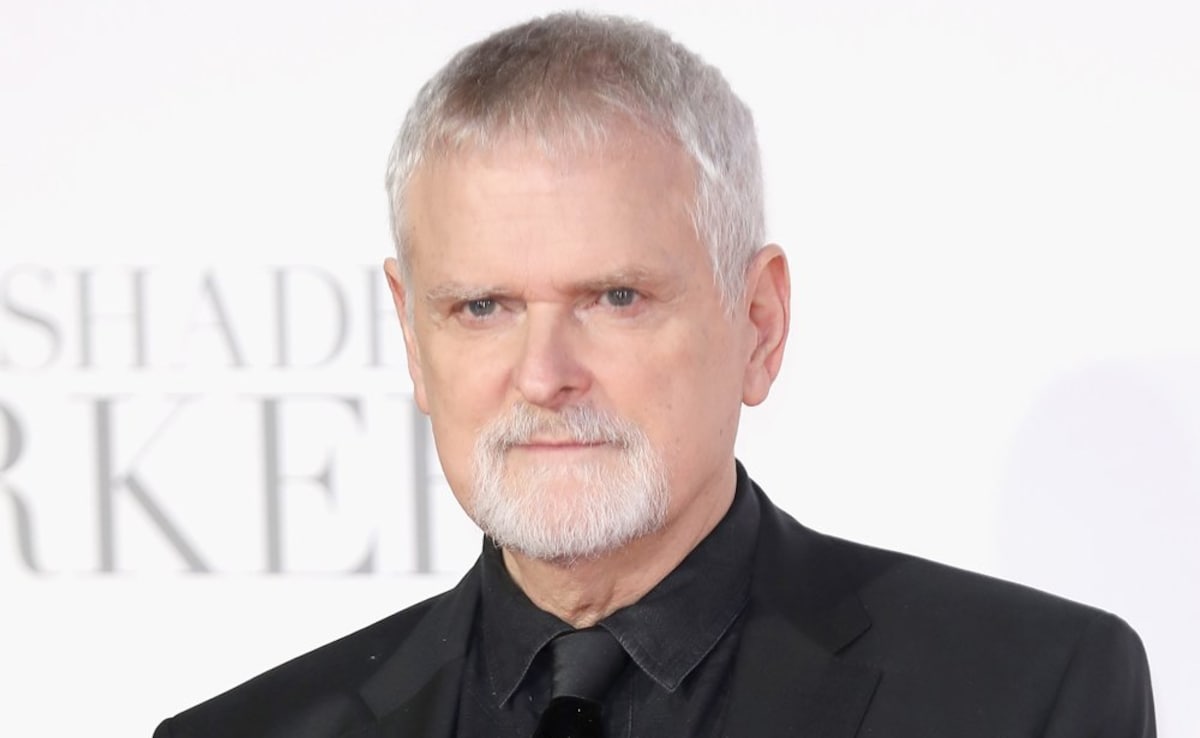James Foley, a distinguished American director celebrated for his versatile contributions to both film and television, has passed away at the age of 71 after a battle with cancer. His storied career spanned several decades, with a rich legacy that includes an array of critically acclaimed films and popular television series. Foley’s work has left an indelible mark on the industry, earning him recognition and respect among peers and audiences alike.
Among Foley’s most notable achievements is his direction of the film adaptation of David Mamet’s Pulitzer Prize-winning play, Glengarry Glen Ross (1992). The film was lauded for its gripping portrayal of real estate salesmen caught in the throes of morally compromising circumstances. Featuring a stellar cast that included Al Pacino, Jack Lemmon, and Alec Baldwin, the film became a touchstone for its riveting performances and sharp script, turning it into a classic of American cinema.
Throughout his career, Foley demonstrated a remarkable ability to navigate various genres, showcasing a breadth of stylistic and thematic interests. This versatility is evident in his transition from film to a successful tenure in television, where he directed episodes of the political thriller series House of Cards. His work on the Netflix series was instrumental in shaping its tense, foreboding atmosphere, contributing to the show’s immense popularity and critical acclaim.
In addition to his work on House of Cards, Foley directed the later installments of the Fifty Shades film series, bringing to life the sultry dynamics of E.L. James’s bestselling novels. The films, although a departure from his earlier intense dramas, displayed Foley’s adeptness at handling complex narratives and translating them into visually compelling stories.
Born on December 28, 1950, in Brooklyn, New York, Foley was immersed in the world of storytelling from an early age. He pursued his passion for film and studied at the University of Southern California School of Cinematic Arts, where he honed his craft and developed a keen eye for narrative detail and character-driven stories.
Foley’s early career was marked by a string of films that showcased his knack for crafting suspenseful, character-focused stories. His directorial debut, Reckless (1984), set the tone for his career, introducing audiences to his skill in creating tense, emotive atmospheres. This was followed by his work on hit films like At Close Range (1986), which starred Sean Penn and Christopher Walken, and was praised for its intense depiction of family dynamics and crime.
Over the years, Foley built a reputation as a director who could elicit powerful performances from his actors, a testament to his collaborative approach and his emphasis on character depth. This reputation was solidified with Glengarry Glen Ross, which remains a defining moment in his career.
Foley’s influence extended beyond the projects he helmed directly. His body of work has inspired a generation of filmmakers, who look to his ability to blend dialogue, pacing, and atmosphere seamlessly. His approach emphasized the power of story over spectacle, a philosophy that reverberates through much of the contemporary film and television landscape.
Despite focusing largely on visual storytelling, Foley also had a profound impact on the scriptwriting and narrative construction processes. His films often grappled with themes of morality, power, and the human condition, resonating deeply with audiences and critics alike. His storytelling style emphasized raw, authentic emotions, often exploring the darker sides of human nature with unapologetic honesty.
As a director, Foley was much more than the genres he chose to delve into. He demonstrated a deep understanding of human nature, translating complex psychological and social issues into compelling visual narratives. His ability to connect with audiences across diverse demographics was evident in the wide-ranging appreciation for his work, transcending simple categorization.
His passing leaves a considerable void in the film and television industry. Colleagues and fans worldwide mourn the loss of a visionary storyteller whose work significantly influenced the mediums he passionately contributed to. Tributes have poured in from across the entertainment world, highlighting not just his professional achievements but also his generous spirit and the support he offered to emerging talents in the industry.
James Foley’s legacy endures not only through his films and series but also through the many filmmakers he inspired along the way. His approach to filmmaking, rooted in authenticity and emotional truth, continues to influence new generations of directors and writers. The values he instilled through his work—integrity, dedication, and innovation—serve as a guidepost for those navigating the often challenging landscape of film and television production.
In remembering James Foley, we celebrate a master storyteller who could traverse different worlds, real and imagined, with equal parts intensity and grace. While he may no longer be with us, the stories he brought to life will continue to resonate with audiences around the world, ensuring that his contributions to the art of storytelling remain vibrant and impactful for years to come.






